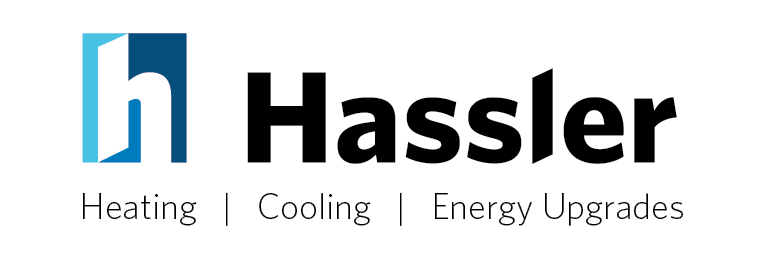What to know and expect from your new Heat Pump
Heat pumps have many advantages over traditional gas furnaces. A gas furnace typically heats your home quickly, turns off, and repeats this cycle. In contrast, a heat pump has longer run times and offers efficient, clean and even comfort and eliminates greenhouse gas emissions.
Heat Pump Benefits:
- Eliminates Greenhouse Gases: Heat pumps are more environmentally friendly as they don't burn fossil fuels, reducing greenhouse gas emissions.
- Increased Filtration: Whenever the indoor unit is moving air, it's actively filtering the air, which improves indoor air quality.
- Increased Indoor Equipment Motor Life: Fewer starts and stops of motors prolongs their lifespan.
- Lower Electricity Costs: Running longer may seem counterintuitive for energy efficiency, but most of the power drawn from a motor or compressor occurs at startup. A unit that runs for longer periods experiences fewer start-ups and draws less power overall.
- Cooling Capabilities/Reduced Humidity: In addition to heating, heat pumps also provide cooling. During the summer, the room is automatically dehumidified during the cooling cycle. During winter, the heat pump prevents condensation from forming on cold surfaces, like windows.
Things to Consider when Operating your Heat Pump:
- Longer Run Times: Your new equipment will be correctly sized and will be designed to run for longer periods compared to your old gas furnace. The key difference is in how they work. Traditional furnaces create heat that's then distributed throughout your home. Heat pumps, on the other hand, have an outdoor condenser unit that serves both heating and cooling functions. In cooling mode, the heat pump removes warm air from your home and expels it outside. In heating mode, it reverses the flow of refrigerant, capturing heat from the outside and transferring it indoors. The heat pump also takes advantage of the normally occurring compressor heat allowing for greater efficiency.
- Defrost Cycle: In heating mode, under specific ambient conditions, the outdoor unit can develop frost on the outdoor coil. This is completely normal, and on colder days, the unit will go into a defrost cycle. During this cycle, the system moves hot refrigerant to thaw out the outdoor unit, ensuring it maintains its efficiency. With this cycle, you will notice some water underneath and near the unit, which is entirely normal. This is something you may want to consider when choosing your outdoor unit location.
- Heating Considerations: During cold weather, the heat pump may take longer to recover compared to your gas furnace. To adapt, it's important to change your usage habits. Eliminate old practices like letting the interior of the home drop into the low 60's as it will take longer for the heat pump to restore the temperature. To avoid extended recovery times on set your thermostat to 64 degrees and above.
- Cooling Considerations (also for standard AC units): During warmer weather, it's important to start your system earlier. Between 2-7 PM is the hardest time to cool. Allowing temperatures to rise inside the home before turning the system on during these times (especially in spaces with limited insulation or other inefficiencies or in upper levels of multi-level homes), can significantly extend the time it takes to achieve the desired temperature.
Convert both your gas furnace and gas water heater to a heat pump and heat pump water heater at the same time and get $2,500 for your old equipment.





